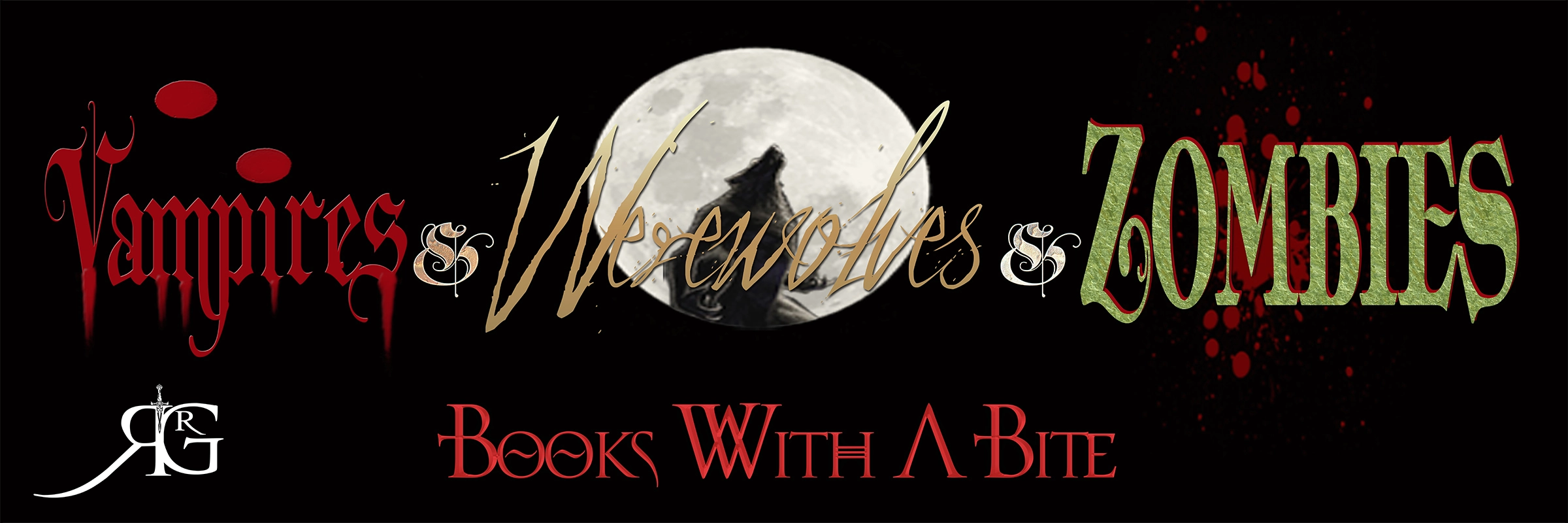Five Weak Words that Make Your Writing Less Effective
by Jeff Goins
I just read this article on his blog and it was a great article. It identifies words that make your work weak and tells you why. I must admit that I have used these words before. Who hasn’t? But, I plan to go through my writing after my last edit and look specifically for these words as well as a couple more. I know that I won’t take out every single one of these, however, it will be fun to see how many times I use them and to see how many times I can replace them with something stronger.
Enjoy!
I can’t stand frail, weak writing. And neither can you. You know when you’ve read content that compels you to do something that matters and when something bores you to tears. You may just not know exactly why. And you need to be able to identify those words that weaken your writing so that you can stamp them out of your vocabulary.
Words are the lifeblood of your writing. They’re what you use to build credibility or diminish it. Words matter. They’re what make your arguments more compelling, your prose stronger, and your craft more captivating. Untrained writers can be careless with their words. It takes discipline to use these tools well.
Weak Words and How to Fix Them
Here are five lazy words that make your writing weaker and how to fix them:
“Stuff”
Stuff is a lazy word. Only use it sparingly when you’re intentionally trying to be informal. Instead, use a more descriptive noun.
“Things”
Things is another lazy word. People often overuse it. While not always inappropriate, it also should be used on rare occasions. Things is nondescript and can often be replaced with much better nouns, such as “reasons” or “elements” or “issues” and so on…
“Got”
Got is a terrible verb. It means “obtaining something” or can also be used as a helping verb like have. More often than not, got can usually go away. Instead of saying “I got up”, say “I woke up.” Instead of saying, “I got a baseball”, say, “I have a baseball” or “I found a baseball.” Not only is got a lazy word; it is also vague. In the last sentence does “got” mean “found” or “have”?
“Was/Is/Are/Am”
Often people will say something like, “I was there” or “We were at the party.” In these cases, the writers are using different versions of the verb to be when they could be employing better action words. For example, you could instead say, “I stood silently in the kitchen” or “My wife and I arrived late to the party.”
“Went”
Went is like are. There are a hundred other verbs that you could exchange for went. Instead of saying, “I went to the store,” you could say, “I walked to the store” or, “I drove my car to buy some groceries at the store.” Went is a lame word — vague, boring, lackluster. As are am, got, stuff, and things. Here are a few more words and phrases to use sparingly:
- very
- all
- important
- used to
- every
- never
- feel
- seem
- think
- often
- almost
- big
- small
- have got
- just
Stop using them in your writing. Or at very least, think twice before whipping out a simplistic, overused word like are. Words lose their meaning when we use them carelessly. Take your time, carefully considering how you will utilize the best words possible. When you write, your copy wields great potential. Don’t squander it.
